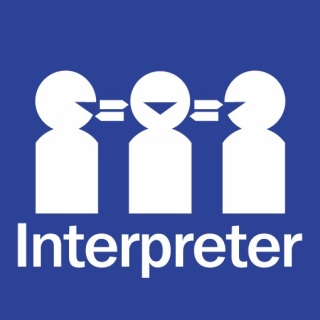One more text by Dr. Prof. Corcoran: JohnCorcoran
Most interesting paragraphs:
“Deductivism, a philosophy of mathematics attributed to Russell, is less epistemically restrictive than the mechanistic Formalism attributed to Hilbert but more restrictive than the Aristotelian Cognitivism attributed to Gödel. All three philosophies presuppose versions of “axiomatic method” [1]: “theorems” are “derived” from “axioms”. All three concern how mathematicians use Axiomatic Method.
According to Cognitivism, mathematicians know axioms to be true by intuitions and by derivations know theorems to be consequences of axioms [2, pp. 2f]. According to Formalism, axioms are arbitrarily chosen character-strings and derivations employ arbitrary string-manipulation rules: Mathematicians neither know axioms to be true nor know theorems to be consequences of axioms. According to Deductivism, mathematicians don’t know axioms to be true but by means of derivations do know theorems to be consequences of axioms: mathematicians know implications but not premises or conclusions.”
I would think that Cognitivism is connected to the way we learn, so that several theories would be part of it, including perhaps Intuitionism, which seems to be what Prof. Corcoran is insinuating, but being part of something is not the same as being the whole of something, so that saying that Cognitivism would validate the claim, mathematicians know axioms to be true by intuitions, would be a bit too much. Mathematicians may arbitrarily decide to have a premise as true, which is when we would say that we have an axiom, but that does not mean that there is any intuition connected to that. Besides, if there were, that would be explained via Intuitionism, not Cognitivism.
LT brings something about my idea of Cognitivism. It seems to me that it has nothing to do with intuitions. Book thinks that Cognitivism is rationalized intuition. Cognitivism has to do with cognos and cognos is simply getting to know. Resource brings the same sense: They even mention Piaget to explain the process of learning. Business does not support saying that Cognitivism could mean knowing axioms to be true by intuitional processes. This is more Intuitionism. Intuitionism
Prof. Dr. Corcoran seems to have referred to Aristotelian Cognitivism, however, and that could then be a different concept. We tried to Google for Aristotle and Cognitivism and nothing came up. When we tried Godel and Cognitivism, we found out that Godel said that (p. 12) the number of states of mind must not be bounded instead: Godel When we tried to Google for Godel and Aristotle, nothing that could be called relevant appeared.
According to WEB, Aristotle had theories about what sensation, thought, and desire were in what regards knowledge acquisition. Some interesting quotations:
“Sensation is the passive capacity for the soul to be changed through the contact of the associated body with external objects.
Thought is the more active process of engaging in the manipulation of forms without any contact with external objects at all.
Desire is the origin of movement toward some goal. Every animate being, to some degree, is capable of responding to its own internal states and those of its external environment in such a way as to alleviate the felt absence or lack of some pleasure or the felt presence of some pain.”
WEB2: Aristotle argues that axioms for a science are necessary; hold in every case and universally; and embody absolute truth, not purely intuitive understanding.
WEB3: (Aristotle says that) All teaching and learning result from previous cognition. (i) We presuppose that something is (the fact); or (ii) We comprehend what it is (the reasoned fact).
Based on WEB2, it seems that Aristotle is saying precisely the opposite: Axioms ARE NOT purely intuitive understanding.
In this case, ALSO in Aristotelian Cognitivism, the sentence is not true (mathematicians know axioms to be true by intuitions).

Please purchase
